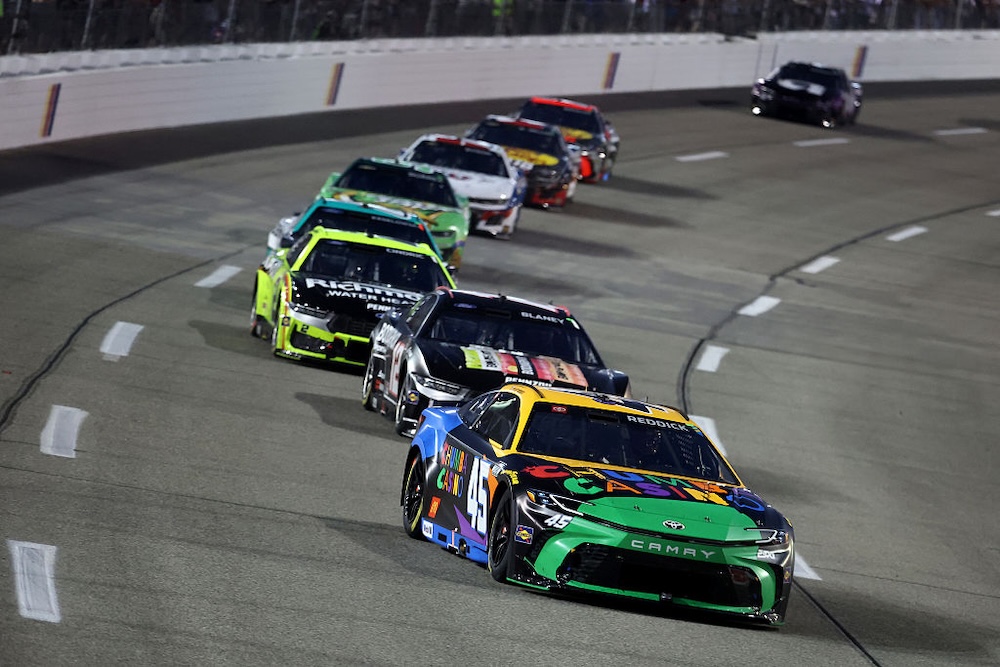Austin Dillon and Richard Childress Racing are not championship contenders. Dillon is not going to win the NASCAR Cup Series championship.
But after winning at Richmond Raceway on Saturday night (main image), Dillon is going to be in the postseason. He is one of 14 drivers guaranteed a spot in the playoffs with one race left to finalize the 16-driver field. Dillon won a Cup Series race fair and square, and that should be celebrated. Whoever wins on any given Sunday should be celebrated.
Except, winning quickly takes a backseat in the current age of NASCAR conversations. Instead, focus on the playoffs, and specifically the format, is far more prevalent.
NASCAR doesn’t have a playoff problem – or at least, nothing that can’t be fixed with some format tweaks. NASCAR does, however, have a playoff eligibility problem.
Ever since Joey Logano won the 2024 championship, arguments have been made that the system is broken. Or, that the playoffs don’t belong in auto racing. Considering that it seems a long shot that NASCAR would ever go back to a season-long format – and nor should it – the biggest variable that deserves attention is how NASCAR determines who competes for its championship.
The win-and-in format sounds good on paper and on television. It was intriguing and exciting when first implemented in 2014, but a decade later, it has served its purpose, and the flaws are showing. A driver winning a race should not mean an automatic championship bid.
Dillon and the No. 3 team are not championship contenders. Shane van Gisbergen and the No. 88 team are not championship contenders. Josh Berry and the No. 21 team, if the summer is any indication, are not championship contenders. But all three have won races and are headed to the postseason.
Dillon, van Gisbergen, and Berry are the lowest among those the championship standings who are going to move up into the 16-driver postseason field. Their overall body of work, after 25 races, has only been good enough for 25th (Dillon), 24th (van Gisbergen), and 22nd (Berry) in the championship standings. As a whole, those aren’t fire-setting performances, and a switch is not going to flip in the final 10 weeks to make them good enough to be a champion.
Then there are the seasons of Tyler Reddick, Alex Bowman, and Chris Buescher. Reddick and Bowman sit inside the provisional playoff grid, and Buescher is the first driver on the outside looking in after Dillon’s victory.
